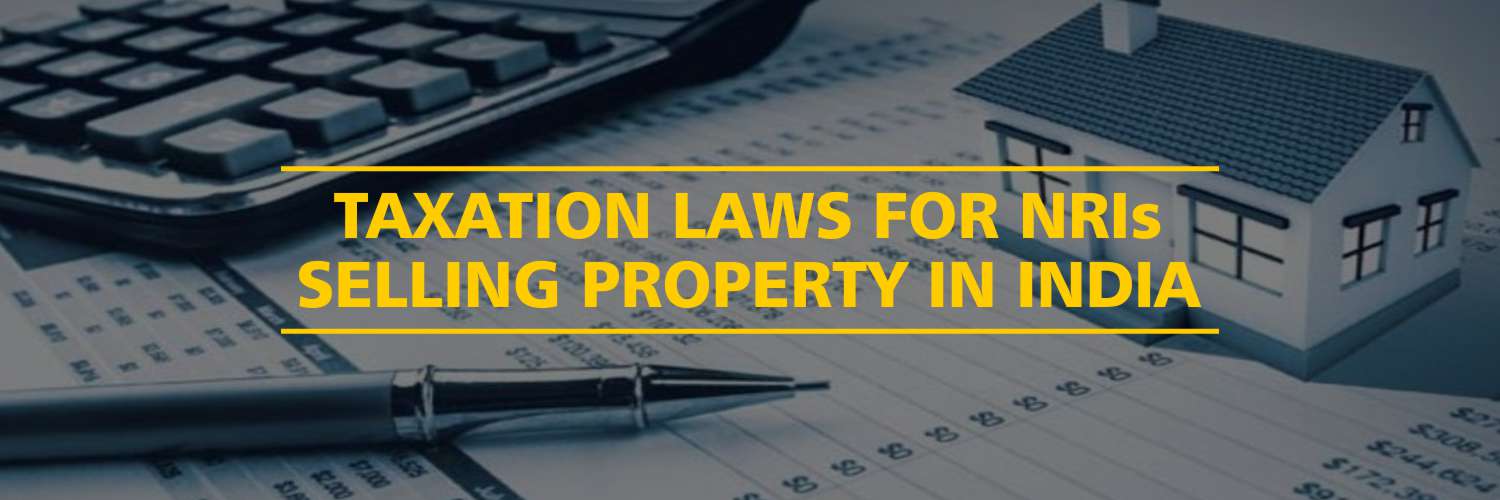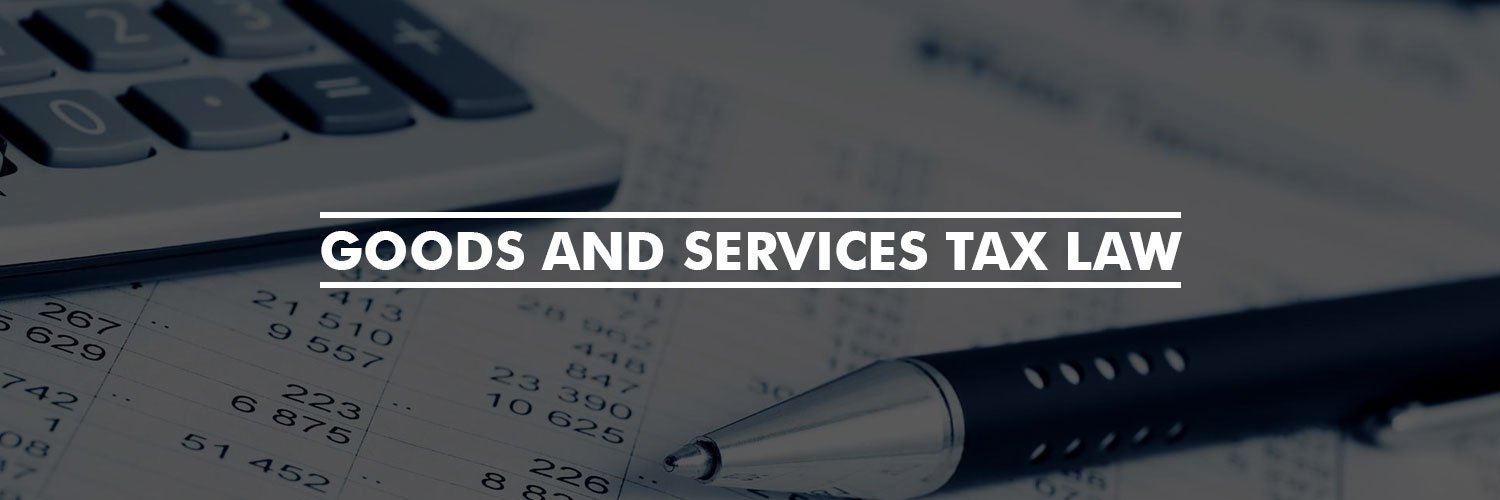GENERAL
In tax adjudication, the Income-tax Appellate Tribunal is the second appellate authority established under the Income-Tax Act, 1961. The Central Board of Direct tax has no control over it. The Income Tax Appellate Tribunal is a part of the Ministry of finance of central govt. but control over it is exercised by the Ministry of law to ensure its independence.
CONSTITUTION
The ITAT is composed of as many judicial and Accountant members as it deems fit to appoint by the Central govt. The judicial member must have held at least ten years of a judicial post or must have been in practice as an advocate for at least ten years. The qualifications for Accountant members are that he must have been practiced as Charted Accountant for ten years or must have served as Assistant Commissioner for at least three years. Central govt. appoints a judicial member as Chairman of the Tribunal. Members of the Tribunal sits in benches. Ordinarily, the bench consists of one judicial member and one Accountant member.
PROCEDURE
The Tax Appellate Tribunal is left free to decide its own procedure, Therefore, Income Tax (Appellate Tribunal) Rules, 1963 have been passed to regulate the procedure.
Appeals can be filed before the tribunal by an aggrieved party against the order passed by the Appellate Assistant Commissioner, Inspecting Assistant Commissioner within a period of 60 days. The tribunal shall decide the case only after giving an opportunity of hearing to the concerned parties. If the parties fail to appear at the time of the hearing, the appeal may be adjourned or heard ex-parte.
The decisions of the tribunal are final on a question of fact. But a reference may be made to the High Court or Supreme Court on question of law. The decision of the High Court on a reference is appealable before the Supreme Court if the High Court certifies it a fit case for appeal.
POWERS
The proceedings before the Tribunal are deemed to be judicial proceedings. It has the power of summoning witnesses, enforcement of attendance, discovery, and inspection, production of document, and issue of commissions, as it has been given powers of Civil Court under the Code of Civil Procedure, 1908.
The proceedings before the tribunal are not open to the public. There is no provision for publication of its decision. However, there are several private-tax journals reporting such decisions.
CONCLUSION
The role of the functioning of the tribunal is often criticized on the ground that suitable and expert persons are not appointed as a member to work for the tribunal. The tribunal takes a long time in deciding appeals. This delays the matter too much which led to the way of injustice. Very often the determination of the complicated question of fact and law is done in a very perfect way by the tribunal. The High Courts have several times adversely commented on the orders passed by the tribunal. In addition to this, the Law Commission recommended for abolition of the tribunal.
On the other hand, the Direct Taxes Administration Enquiry Committee, in its report, while accepting that there was a need for improvement in the methods and procedures of working of the tribunal as well as in its composition, has recommended for the continuance of the tribunal.









